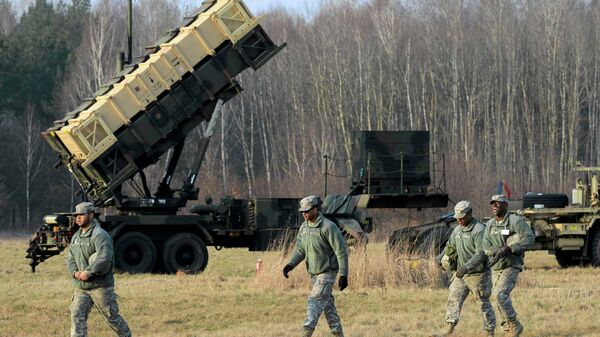A limited user test (LUT) of the Integrated Air and Missile Defense Battle Command System (IBCS) is now underway at the White Sands Missile Range in New Mexico, Breaking Defense reported on Monday.
Involving more than 700 people, the test could not proceed until major challenges involving social distancing were addressed, the outlet noted. While many folks can do their data analysis remotely, the key purpose of the test is to see how the system functions under realistic battle conditions when handled by real people - the soldiers who will man it on the battlefield - and not test engineers.
In response, the Army has set up a series of safeguards, such as constant testing and careful monitoring of travel between otherwise-separated working groups, to make sure the test can go on until September as required without getting people sick.
According to the Center for Strategic and International Studies’ (CSIS) “Missile Threat” project, the IBCS is “intended is to integrate the communications between weapon launchers, radars, and the operators, allowing an air defense unit, such as a Patriot battery, to fire its interceptors using information provided by the radar of another.”
Defense contractor Northrop Grumman is heading the IBCS project, receiving a $60 million contract to continue the work last October. According to the firm, previous tests have demonstrated that multiple radar systems from different air defense networks can be linked together to provide anti-air missiles with better targeting information, enabling them to engage beyond the horizon.
The Army has said the IBCS will benefit tools such as Short Range Air Defense (SHORAD) and Terminal High Altitude Area Defense (THAAD) systems, as well as Patriot missile batteries. Gen. John M. Murray, the commanding general of Army Futures Command, has also said the system will integrate Israel’s Iron Dome missile defense system.
A previous test of the IBCS in 2016 went so badly that the system was postponed for at least four years. However, the Army has restructured its testing bureaucracy and compatibility requirements since then. If the test is successful, the IBCS could enter service by the end of 2022.



